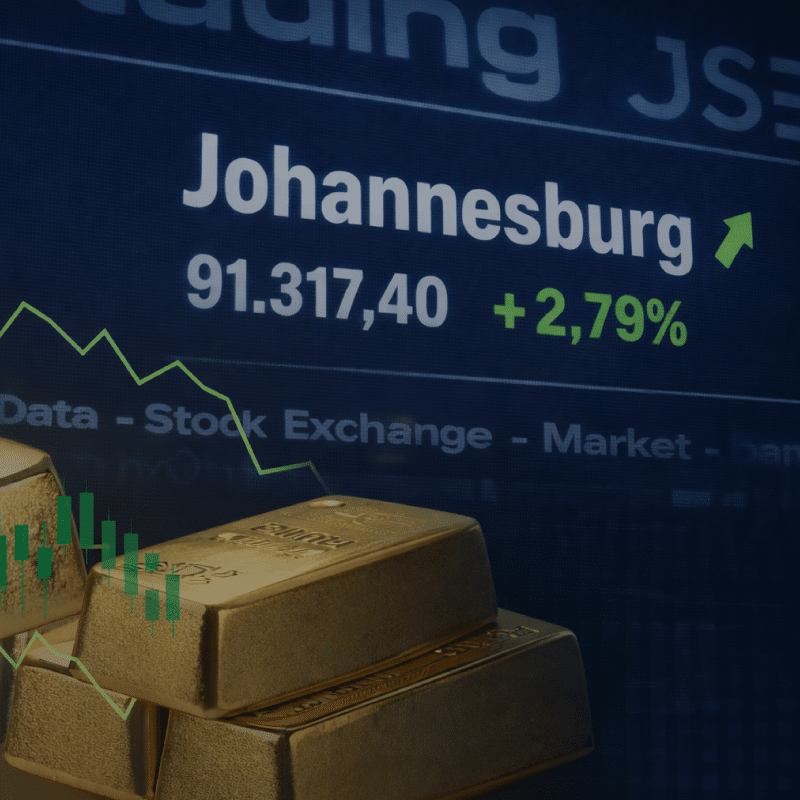Naspers and Prosus also delivered a decent performance in October (+7.5% MoM in aggregate) as they followed Chinese tech stocks higher after a tough first nine months of the year. Other local index heavyweights with offshore earnings, AB InBev and Richemont were also amongst the top performers for October (+8% and +21% MoM respectively), the former up strongly after better-than-expected earnings and the announcement that Altria would not be looking to sell its 10% stake in the company. Richemont was buoyed by strong results from luxury peers, Hermes and Kering, and press reports that it may be looking to sell its loss-making online luxury goods business, Yoox Net-a Porter.
Locally listed hospitality stocks, Sun International, Tsogo Sun, and City Lodge all rallied strongly during the month (+64%, +20% and +37% MoM, respectively) as the UK opened its borders for travel to and from South Africa (SA) and declining COVID-19 infections left the hotel groups with the prospect of a decent summer holiday season. Large-cap stocks geared to the domestic economy generally had a poor month with the banks and insurers down 5.7% and 1.3% MoM, respectively, and most of the discretionary retailers also had a poor month as Eskom soured the country’s mood with the introduction of loadshedding during October.
On the economic front, the latest inflation data was in line with expectations and, while headline inflation (+5% YoY) was towards the top of the South African Reserve Bank’s (SARB’s) target range, core inflation remained anchored around the bottom of the range (+3.2% YoY). The latest retail sales data missed expectations, bouncing back from July’s unrested-impacted levels, but still below the pre-civil unrest trends, with non-discretionary spending showing slightly better growth than the discretionary spending categories. The local currency ended the month 1.1% lower against the US dollar and government bond yields spiked higher in October with the generic 10-year government bond yields ending the month 0.6% weaker at 10.2%, breaching the 10% mark for the first time since the depths of the COVID-19 crisis in March last year.




